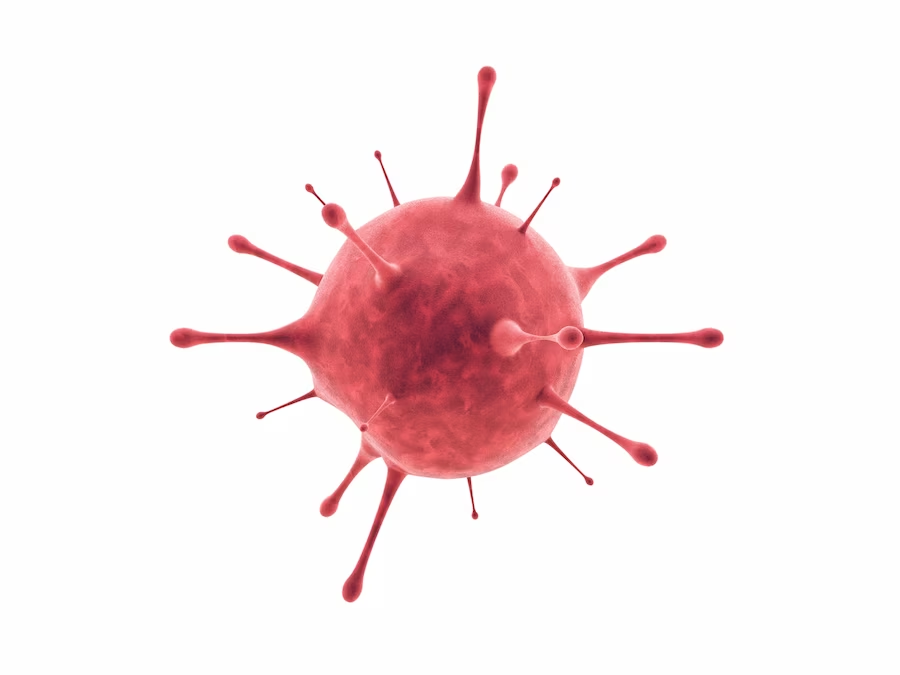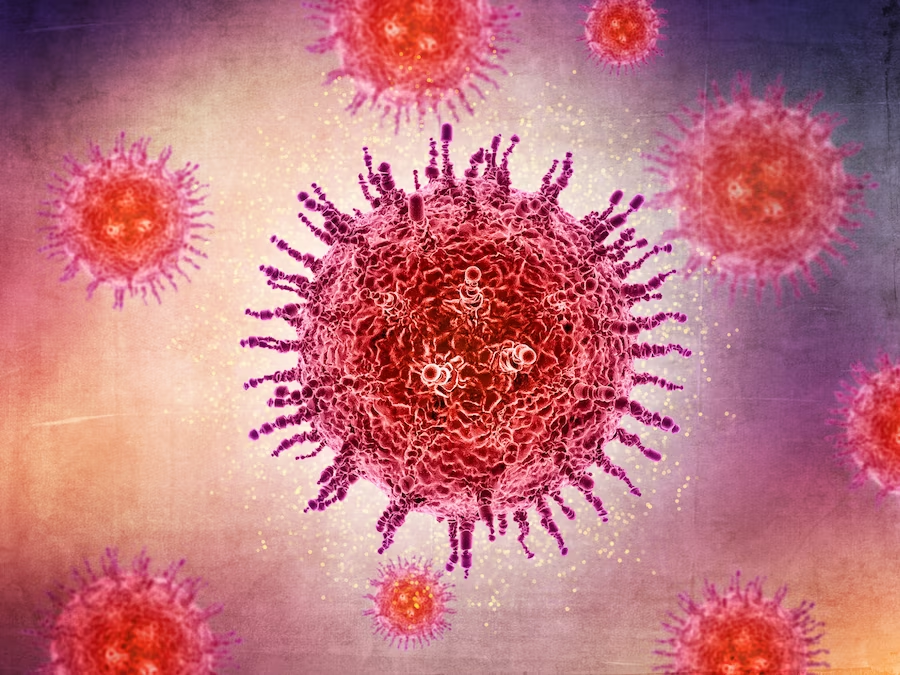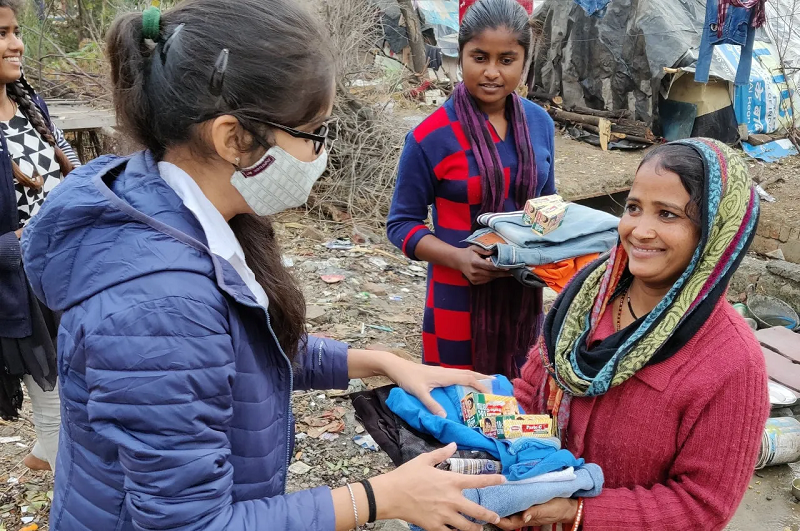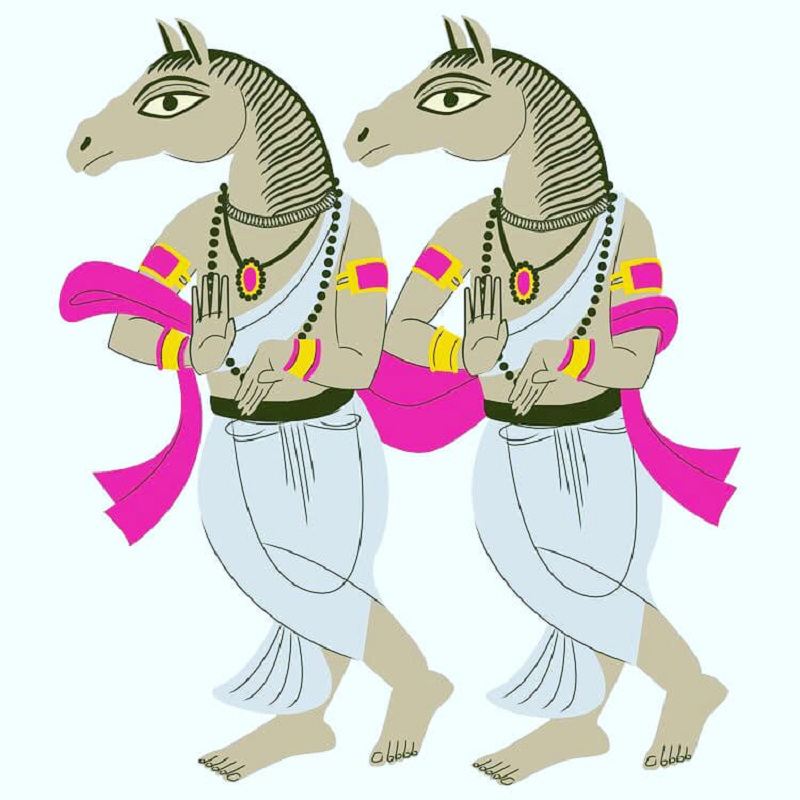The increasing infection of the Nipah virus in Kerala is a cause of serious concern for health experts. So far, infection has been confirmed in 6 people here, and the condition of more than a thousand people who came in close contact is being seriously monitored. The infection, which started in the Kozhikode district, has now spread to more than 30 cities. Given the worsening situation in the state, neighboring states have also been alerted. Health experts have appealed to everyone to avoid unnecessary travel to the affected areas for the time being and keep making efforts to prevent this viral infection.

The mortality rate due to Nipah virus infection is seen to be between 40-70 percent, due to which the concern of health experts has increased even more. People have many questions in their minds regarding this viral infection. Is it as dangerous as Corona, does it also spread rapidly from one person to another like COVID-19? And which people may be more at risk of this disease, let us understand this in further detail.
The death rate due to Nipah is high
This strain of Nipah virus seen in India is believed to be mainly from Bangladesh, which is low in terms of infectiousness in studies, although the risk of death due to it may be high.
Researchers said that mainly two types of Nipah virus are known in which Malaysia and Bangladesh strains are prominent. Due to the Malaysia strain, the risk of transmission of infection from one infected person to another has been seen to be low, however, due to the Bangladesh strain, its risk may be higher and the risk of it spreading rapidly from one person to another has also been higher.

Risk of infection from an infected person to others
Since the cases of Nipah virus infection came to light, the big question in people's minds is whether, like Corona, its infection also spreads from one person to another, if yes, then is social isolation necessary to prevent it?
In this regard, health experts say that like Corona, Nipah infection can also spread rapidly from one person to another. Healthy individuals may be at risk through direct contact with an infected person's body secretions, such as urine, blood, and droplets from the nose or sneezes. This is why most of the infected people seen in Kerala these days are healthcare workers.

Which people are at risk of this infection?
Health experts say that anyone can get Nipah infection, although the body's immunity plays a big role in this too. Those who have weak immunity may be at greater risk of infectious diseases. Infection can occur by eating fruits that have come in contact with infected bats and pigs. Studies have found that there can be a risk of this disease due to the consumption of fruits contaminated with bat feces.
(PC: Freepik)










